Thinking about franchising your business? You’re not alone. But here’s the reality: most businesses aren’t ready when they think they are.
Franchise readiness isn’t about having a successful business. It’s about having a business that works without you. That means proven systems, clear economics, and bulletproof processes that someone else can follow and succeed with.
This checklist shows you what readiness actually looks like and how to get there.
WHY READINESS MATTERS
Every prospective franchisee will ask three questions: How much will I make? How quickly will I break even? What happens if I need help?
If you can’t answer these with hard evidence, you’ll lose good candidates to competitors who can. Worse, you might recruit the wrong people, leading to failed locations and damaged reputation.
Readiness protects everyone. It gives prospects confidence, reduces your risk, and sets clear expectations from day one. Most importantly, it proves your model works beyond your personal involvement.
BULLETPROOF ECONOMICS
Your numbers need to stack up under scrutiny. Not just from prospects, but from their banks, accountants, and business advisors.
You need realistic monthly revenue projections based on actual data, not wishful thinking. Document every cost, from rent and wages to insurance and marketing. Show break even timelines that typically range from six to eighteen months. Include best case, worst case, and most likely scenarios.
The evidence that matters most: twelve to twenty four months of real trading data from locations you don’t personally run. Management accounts that have been independently verified. Customer numbers, conversion rates, and repeat business figures. Seasonal patterns and market dependencies.
Keep it transparent. Hidden costs kill deals. Fees that don’t reflect value breed resentment. If your economics don’t work on paper, they won’t work in practice.
Need help with your financial modelling? See Franchise Growth Strategy.
SYSTEMS THAT ACTUALLY WORK
Your operations manual isn’t a nice to have. It’s the instruction book that turns your expertise into someone else’s success.
Document how work gets done, not how you think it should get done. Daily processes, quality checks, staff management, customer service standards. Include the messy stuff too: complaint handling, problem resolution, difficult customer situations.
Your training programme needs clear outcomes and measurable competencies. Plan for one to four weeks of initial training, then ongoing support and refresher sessions. Create training materials that work for different learning styles. Video is particularly effective for complex procedures.
Test everything with people who don’t know your business inside out. If they can’t follow your systems and get good results, neither will your franchisees.
For comprehensive operations support, see Franchise Operations and Support.
LEGAL FOUNDATIONS
Get your legal structure right from the start. Prepare a detailed brief for your franchise lawyer covering territory definitions, fee structures, training commitments, and termination procedures.
Key compliance areas include GDPR requirements, health and safety obligations, insurance requirements, and sector specific regulations. Don’t forget employment law, intellectual property protection, and competition law compliance.
Your legal agreements must reflect operational reality. Documents that don’t match how you actually work create problems later. Make sure your lawyer understands your business model thoroughly.
MARKETING THAT SCALES
Design a launch marketing plan that franchisees can execute without being marketing experts. Specify channels, budgets, creative assets, and local activities that actually work.
Build national marketing that supports the whole network alongside local toolkits for individual territories. Create templates, guidelines, and measurement frameworks so franchisees know what works and you can spot best practices.
Don’t forget franchise recruitment. You need a clear process from enquiry to signing, with qualification criteria and discovery stages that identify the right candidates.
For marketing support, see Franchise Marketing Services and Franchise Sales and Leads.
RECRUITMENT AND ONBOARDING
Create a candidate journey that builds confidence and weeds out unsuitable applicants. Handle enquiries professionally, qualify prospects properly, and show evidence at every stage.
For onboarding, set clear training outcomes and create a launch timeline with specific milestones. Plan week by week activity for the first ninety days, including pre opening marketing, staff recruitment, and performance monitoring.
Your process should transform approved candidates into confident operators who can deliver your brand standards consistently.
SUPPORT THAT DELIVERS
Define what’s included in your management service fee and what costs extra. Set service levels for response times, support visits, audits, and marketing help.
Plan how support scales as you grow. What works with five franchisees won’t work with fifty. Create systems for sharing best practice, peer to peer learning, and escalating serious problems.
Measure satisfaction regularly. Unhappy franchisees become vocal critics who damage recruitment and network morale.
DATA THAT DRIVES DECISIONS
Agree what information you’ll collect and how often. Revenue and margin figures are essential, but also track customer satisfaction, staff turnover, and marketing performance.
Keep it simple. Complicated reporting creates administrative burden without delivering insight. Focus on metrics that directly impact profitability and customer experience.
Use data to provide targeted support, identify training needs, and recognise top performers who can mentor struggling locations.
TECHNOLOGY THAT CONNECTS
Your technology needs to support multiple locations with consistent reporting and operational efficiency. This includes point of sale systems, customer management, and financial reporting that integrates with head office.
Consider how franchisees access training materials, operational updates, and marketing assets. Many successful franchisors use dedicated portals that centralise everything while enabling head office to monitor compliance.
Choose technology that reduces administrative burden, not creates it.
COMPETITIVE INTELLIGENCE
Understand your position in the franchise landscape. Identify direct competitors, research their fee structures and support models, and articulate your unique value proposition clearly.
Study successful franchise systems in related sectors. Learn from their approaches to training, support, and growth. This intelligence becomes crucial when prospects compare opportunities.
Price appropriately and develop messaging that resonates with your ideal franchisee profile.
PILOT TESTING
Before recruiting external franchisees, test your model with locations that operate under franchise conditions. That means paying your fees, following your systems, and working within territorial constraints.
Use pilots to refine operations, test support systems, and generate proof points. This reveals gaps between documented systems and operational reality. It also provides case studies, benchmarks, and testimonials for recruitment.
Most importantly, it proves your model works without your direct involvement.
REALISTIC TIMELINES
Franchise readiness typically takes twelve to twenty four weeks for strategy, model design, and operational documentation. Add four to twelve weeks for recruitment setup and first franchisee onboarding.
These timelines assume you have established operations and can dedicate appropriate resources. Budget for planning, documentation, training materials, legal work, and recruitment systems.
Quality preparation is an investment that pays dividends throughout your franchise journey. Cutting corners creates expensive problems later.
For detailed project planning, see Franchise Consultant UK.
COMMON MISTAKES
The biggest mistake is assuming business success equals franchise readiness. Your personal expertise needs to become transferable systems that others can execute consistently.
Don’t rely on family or close friends for pilot testing. You need honest feedback from people who aren’t emotionally invested in your success.
Avoid rushing legal documentation before operational preparation is complete. Agreements that don’t reflect business reality create problems.
Finally, don’t recruit your first franchisees before support systems are tested. Early franchisees become your case studies and references. Their performance shapes your entire development trajectory.
“Franchise readiness is not paperwork. It is proof that a franchisee can open, trade and grow on a clear plan backed by real numbers.”
WHERE TO START
Begin with an honest assessment of your current position. Most businesses discover they’re stronger in some areas than others. This is normal.
Focus on financial modelling and operational documentation first. These form the foundation for everything else. Once you have solid economics and proven systems, legal and marketing development become straightforward.
The key is taking a systematic approach rather than trying to tackle everything simultaneously.
Ready to find out where you stand? Book a free Franchise Readiness Review. It’s a 60 minute working session with no sales pitch. Just honest advice about your franchise potential and practical next steps.
You’ll leave with clarity about what needs doing and confidence about moving forward.
Read more about our franchise consulting services or get in touch directly. The conversation costs nothing, but the insights could be invaluable for your growth plans.
FAQ
FRANCHISE SERVICES INCLUDE:
START A FRANCHISE
We help you shape and structure your business for scalable, long-term expansion.
FRANCHISEE RECRUITMENT
We manage recruitment campaigns and support the full sales journey – from enquiry to agreement.
OPERATIONS & SUPPORT
We create toolkits, systems and onboarding frameworks to help franchisees deliver consistently.
FRANCHISE MARKETING
We provide brand-wide and local marketing support to keep your network visible and aligned.













